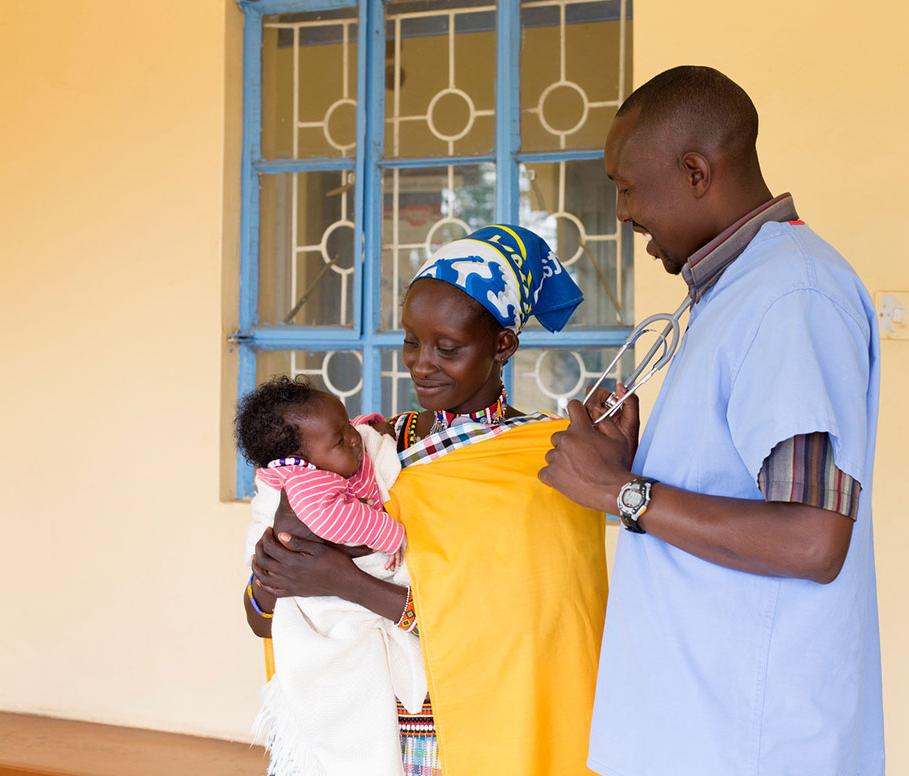Leading up to the World Health Assembly (WHA) in May, IP Progress will be highlighting the complex barriers impeding patients’ access to medicines. The World Health Organization (WHO) is trying to improve access to medicines, yet its work has often focused narrowly on controversial policies regarding intellectual property and the price of patented medicines. Global health leaders must encourage the WHO to see the big picture and instead tackle the many real obstacles that stand between patients and their medicines, such as insufficient health care financing, taxes and tariffs, and inadequate health literacy.
Around the world, patients aren’t getting education about health that could help improve their access to medicines. The World Health Organization (WHO) has found that nearly half of Europeans have inadequate or problematic health literacy, which is defined as having a level of patient education to make healthy lifestyle choices, understand health information, and/or navigate through the health care system. In sub-Saharan Africa, lack of patient education is even more alarming, with two out of three people lacking adequate health literacy.
Low patient education across the world significantly impedes patients’ access to medicines. Despite claims to the contrary from a few vocal critics, access to medicines depends on much more than intellectual property protection; it also depends on many other complex factors including a patient’s ability to schedule a visit with a provider, receive and then fill a prescription, and their ability or willingness to remain adherent to their medicines for the full treatment course. To illustrate the extent of the issue, even though 90 percent of essential medicines are widely available generics, only 50% of patients report taking their medicines as prescribed.
By all indications, leaders at the upcoming World Health Assembly won’t be digging deep enough to uncover the many real barriers to access – including patient education – and instead will again use intellectual property protections as the catch-all cause for poor access to medicines around the globe. To say that intellectual property protection is the primary barrier to access ignores the true challenges that patients face on a day-to-day basis. In fact, intellectual property improves the world’s access to innovative, life-saving treatments and cures.
Fortunately, innovators are helping bolster patient education across the world. For example, Alex Schneider, a German-Russian activist who has lived with HIV for seven years and been on antiretroviral therapy for five years, developed Life4me+, a mobile app to help people living with HIV. The free app simplifies medical information and treatment for people living with HIV across the world by working as a personal electronic patient card. Life4me+ also allows the user to communicate with doctors online, access test results and medical history, record key health measures, set up prescription reminders, view nearby medical centers, and access daily HIV-related news, scientific articles and up-to-date information.
As global health care systems become increasingly complex, insufficient education of patients will become a larger barrier to access. In the United States, for example, where the health care system continues to change, only 12 percent of adults have proficient health literacy. Now more than ever, it’s important that the WHA in May come up with solutions to the real barriers to access, and patient education should be a priority.


